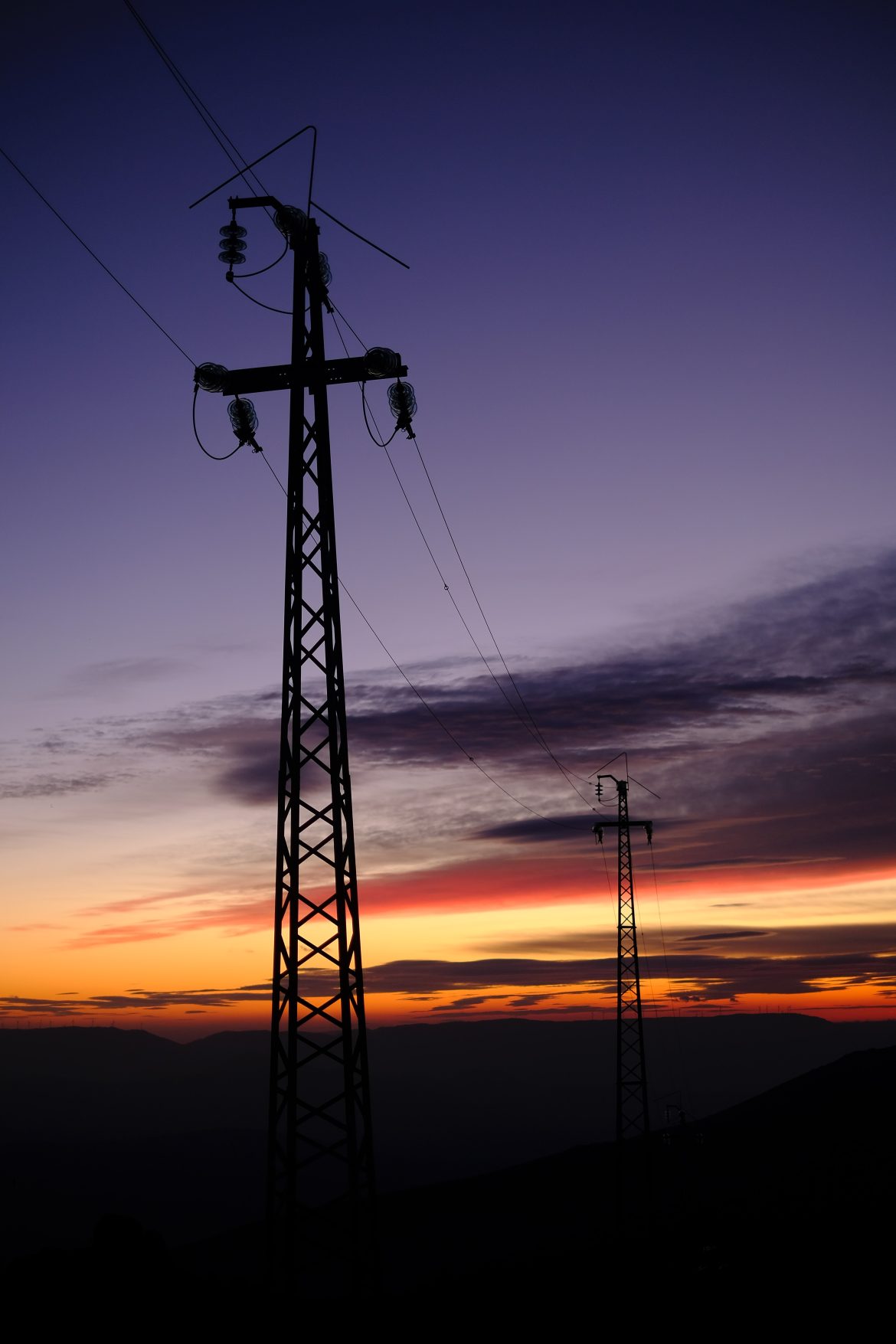South Africa has secured a historic deal with wealthy countries to phase out its coal-fired power plants and transition to cleaner energy sources. But the country’s environment minister warns that other developing nations should not follow blindly and risk losing their energy security and jobs.
The deal, known as the Just Energy Transition Partnership, was announced at the COP27 climate summit in Glasgow in late 2021. It involves $8.8 billion in financing from countries such as the US, UK, France and Germany, as well as multilateral institutions such as the World Bank and the African Development Bank.
The partnership aims to help South Africa, the world’s 14th-largest emitter of greenhouse gases, reduce its reliance on coal, which accounts for more than 80% of its electricity generation. It also promises to support the country’s economic and social development, by creating new jobs, skills and industries in the green economy.
However, the deal has faced some criticism and resistance from within South Africa, where coal is a major source of income and employment for many communities. Some cabinet ministers have blamed the deal for worsening the country’s chronic power shortages and blackouts, which have hampered its growth and recovery from the pandemic.
Environment Minister Barbara Creecy, who played a key role in negotiating the deal, said in an interview that other developing nations should learn from South Africa’s experience and ensure that their energy security and livelihoods are not compromised by similar agreements.
“You can’t go from electricity to darkness,” she said. “That’s not good for your economy, it’s not good for communities, it’s not good for your development trajectory.”
She urged countries such as Indonesia, Vietnam and Senegal, which have also received concessional funds for their energy transitions, to “front-load energy security” before switching to alternative sources. She also said that alternatives should be provided to those whose livelihoods depend on fossil fuels, because “you can’t give people a promise that some green jobs will be created somewhere.”
Creecy also called for more clarity and accountability from developed countries on the sourcing and delivery of public financing that they have pledged to provide to developing countries to help them cope with the impacts of climate change and adapt to it.
She said that Africa, which has contributed less than 2% to the global emissions that are causing the climate crisis, is placing a lot of emphasis on adaptation at the COP28 talks in Dubai, because it is already suffering from more extreme weather events, such as droughts, floods and cyclones.
She said that the Paris Agreement, which was signed in 2015, recognizes the historical responsibility of developed countries for creating the climate crisis and their obligation to support the climate transitions of developing countries.
“No one is seeking to rewrite the Paris Agreement, but we are seeking to get an outcome that is balanced, that has appropriate work around mitigation, around adaptation and around the means of implementation,” she said.
South Africa’s deal, which is seen as a model for other coal-dependent countries, has an implementation plan that was laid out this month. It will see investment flowing into electricity infrastructure, electric vehicles, green hydrogen, municipal support and projects in the coal-rich Mpumalanga province.
Creecy said that the deal is not only about reducing emissions, but also about creating a more inclusive and sustainable future for South Africa and its people.
“We are very hopeful that this partnership will enable us to make a significant contribution to the global effort to combat climate change, while at the same time ensuring that we have a just transition that leaves no one behind,” she said.
Source: Bloomberg



